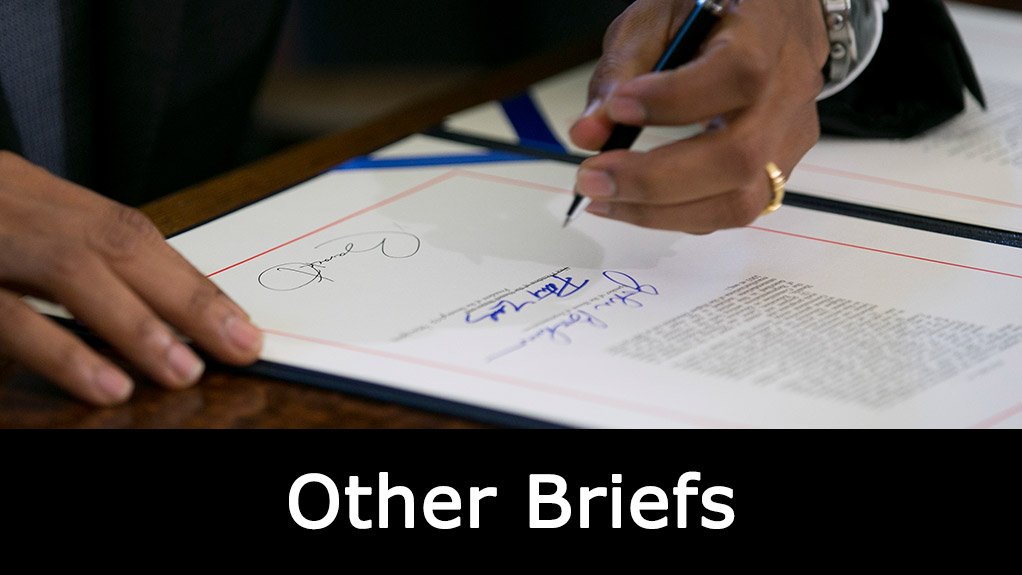As 28 February 2021 looms near on the horizon, so too does the deadline for the second provisional tax submissions for 2021. This February will be the most important tax submission to date for expatriates earning above the R1.25-million threshold as they will now be exposed to a previously non-existent tax liability in South Africa.
Johnnie Kruger, Legal Manager for Africa Desk at Tax Consulting South Africa, says the company has been proactive in working with South African expatriates and their corporate clients affected by this change. Over the past year, Johnnie has been visiting and presenting to South Africans in remote locations in the Democratic Republic of Congo, Zambia, Oman, Qatar, Saudi Arabia, and the UAE.
"The change to section 10(1)(o)(ii) of the Income Tax Act has caused a lot of confusion for expatriates working in Africa and abroad on a rotational basis. The vast majority of expatriates are still in a dangerous state of non-compliance with the looming 2021-02 provisional tax filing season.”
Requirements to claim the exemption
Besides the new cap on income, the requirements to claim an exemption are as follows:
- An employer/employee relationship needs to be recognised by SARS;
- The expatriate must spend a minimum of 183 days working outside of South Africa;
- The expatriate must spend a minimum of 60 consecutive days working outside of South Africa; and
- The expatriate must file a tax return to disclose their foreign earnings to SARS, while claiming the S10(1)(o)(ii).
This comes as a huge blow to many expatriates who strived to meet this criteria and were previously granted the full benefit of their efforts. The introduction of the R1.25-million threshold means that expatriates need to register as provisional taxpayers if their income exceeds this amount or generate income from more than one stream. Kruger says these changes have added to the confusion among rotational workers in Africa because the process has become more complex.
“Expats working abroad will now be required to disclose their foreign income to SARS through the filing of two provisional tax returns, as well as the usual annual tax return every year. An expatriate will therefore need to fulfil three filing obligations within each tax period or face the risk of working abroad under a non-compliant status.”
Calculating the provisional tax of expatriates
With the closing of the first tax period post-amendment only weeks away, the first provisional filing should have been completed by 31 August 2020, with the payment ready to be made to SARS. Tax Consulting uses the information that clients have made available from the first six months of the year to calculate the value of this return and forecast what they believe to be a true extrapolation for the last six months.
"The second provisional tax submission is our opportunity to correct any previous inaccuracies that may have arisen from the need to forecast the entire year based on income earned in the first six months. While the process is slightly more complicated, the main issue I foresee is the large number of expats who are yet to register as provisional taxpayers, which is now urgent.”
The amendment has led many South Africans to believe that working abroad is no longer lucrative, but Kruger says there are ways to make it work. “When it comes to tax filing, it is crucial for expatriates to hire the most knowledgeable tax consultants. The fiscal environment for expatriates continues to change. It is possible to ensure you aren’t paying more tax than you are legally obligated to pay and that you are meeting all the government's requirements. Tax Consulting is available to assist expatriates looking to get a handle on their tax compliance for 2021,” concludes Kruger.
Written by Bryce Nel, Project liaison officer & Jashwin Baijoo, Legal manager of Africa Tax & compliance at Tax Consulting SA
EMAIL THIS ARTICLE SAVE THIS ARTICLE ARTICLE ENQUIRY
To subscribe email subscriptions@creamermedia.co.za or click here
To advertise email advertising@creamermedia.co.za or click here











